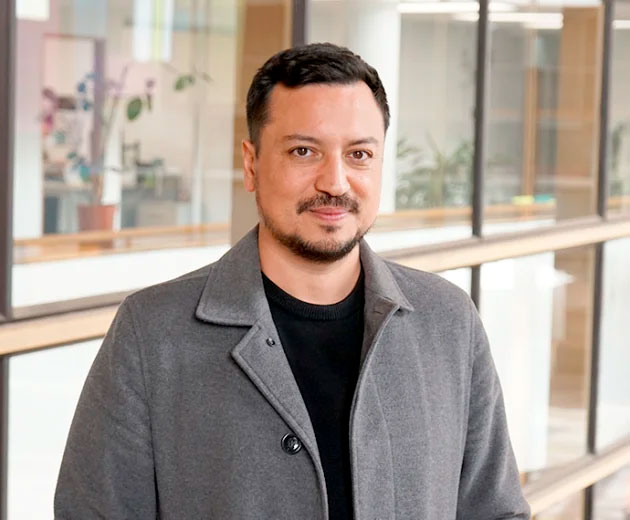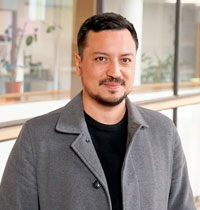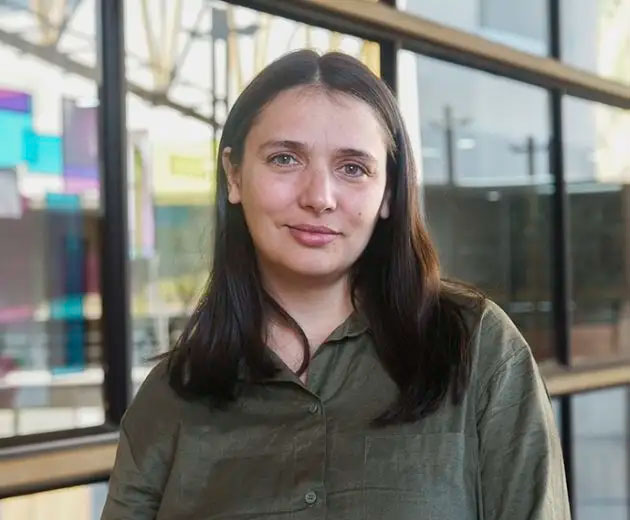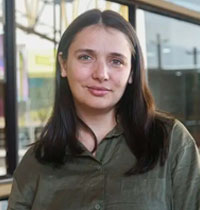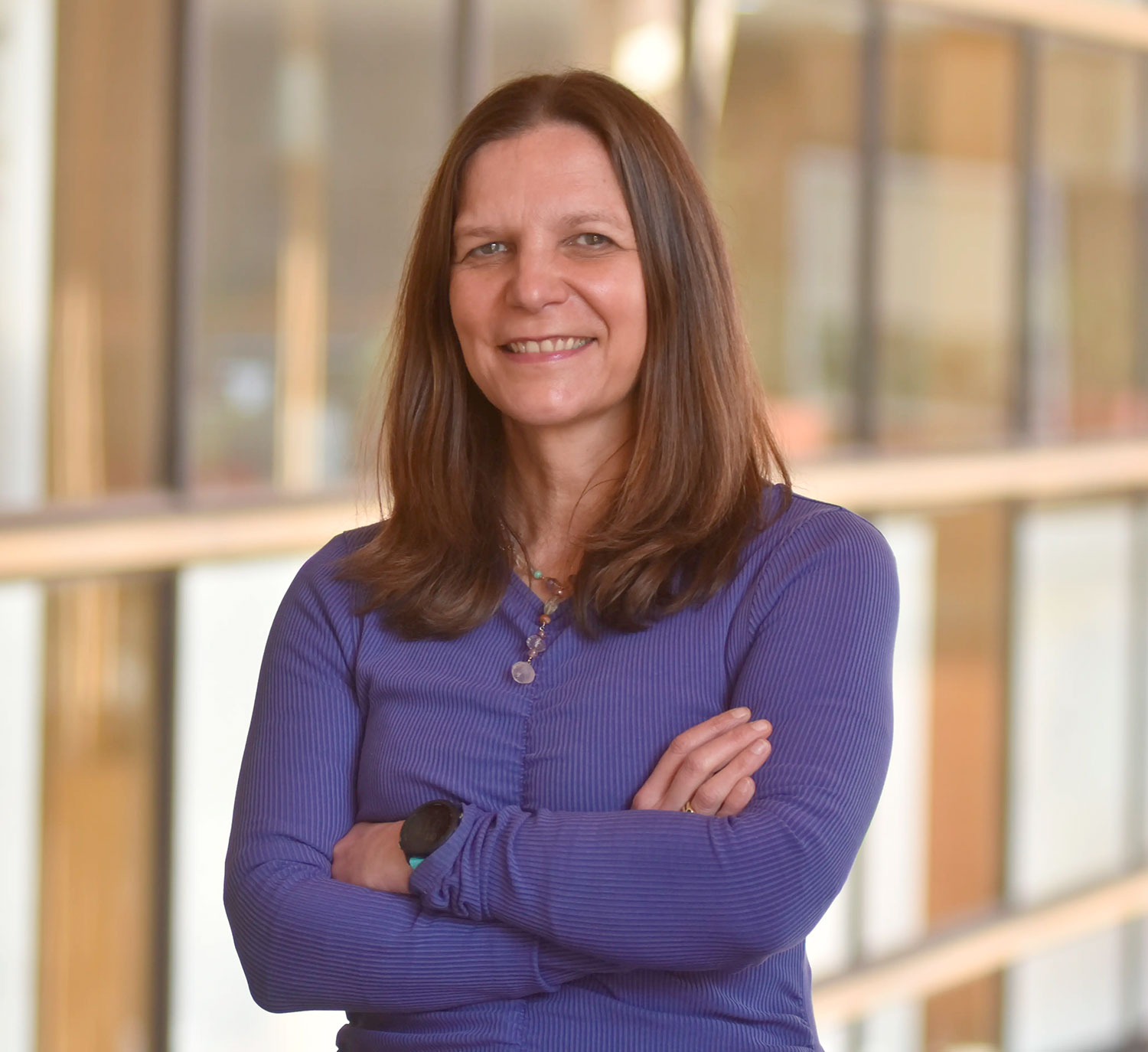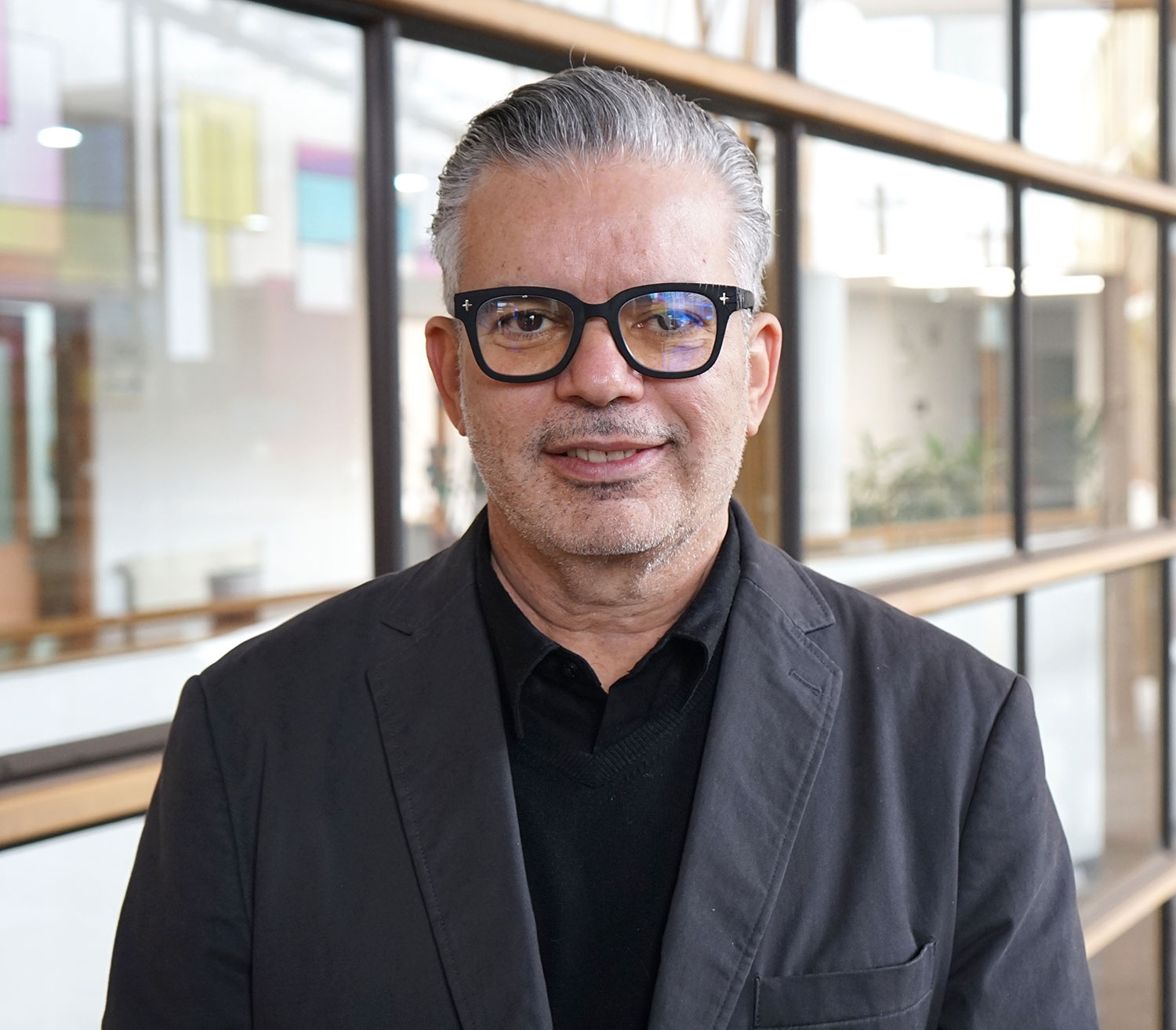
Ernesto Treviño
Profesor Asociado, Facultad de Educación UC.
Director del Centro UC para la Transformación Educativa (CENTRE UC).
Esta dirección de correo electrónico está siendo protegida contra los robots de spam. Necesita tener JavaScript habilitado para poder verlo.
Grados Académicos
- Doctor en Educación, mención en Administración, planificación y política social, Harvard University, Estados Unidos.
- Magíster en Política Educativa Internacional, Harvard University, Estados Unidos.
- Licenciado en Economía del Instituto Tecnológico y de Estudios Superiores de Monterrey, México.
Proyectos de Investigación
-
2018 - 2020. Sistema escolar chileno y el desarrollo de resultados cívicos. Formas de implementación, mecanismos de recontextualización de la política educativa e influencia de la escuela en el conocimiento, actitudes y participación cívica de los jóvenes. Fondecyt Regular. Investigador principal.
-
2017 - 2020. Center of Studies for Educational Justice. PIA-Conicyt. Principal Researcher of the pedagogical inclusion line.
-
2015 - 2017. Grouping of students within the school and educational practices. Institutional and pedagogical devices developed by establishments with high levels of school effectiveness in closing learning gaps. Fondecyt Regular. Investigador Responsable.
-
2015 - 2017. Academic ordering within the establishments of the Chilean school system: Magnitude, causes and effects. Evidence for public policies. Fondecyt Regular. Coinvestigador.
-
2015 - 2017. The resources and capacities as explanatory factors of the quality, performance and impact of early childhood education establishments in Chile. Fondecyt Regular. Investigador.
Publicaciones Recientes
-
Carrasco D., Banerjee R., Treviño E. & Villalobos C. (2020). Civic knowledge and open classroom discussion: explaining tolerance of corruption among 8th-grade students in Latin America. Educational Psychology, 40(2), 186-206.
-
Palacios, D.; Dijkstra, J.; Villalobos, C.; Trevino, E.; Berger, C.; Huisman, M. & Veenstra, R. (2019). Classroom ability composition and the role of academic performance and school misconduct in the formation of academic and friendship networks. Journal of school psychology, 74, 58-73.
-
Martínez M.V.; Godoy F.; Treviño E.; Varas L. & Fajardo G. (2018). What do the instruments of classroom observation reveal to us about mathematic classes in schools with improved trajectory? Educacao e Pesquisa, 44(1).
-
Treviño, E.; Valenzuela, J. P.; Villalobos, C.; Béjares, C.; Wyman, I. & Allende, C. (2018). Agrupamiento por habilidad académica en el sistema escolar. Nueva evidencia para comprender las desigualdades del sistema educativo chileno. Revista Mexicana De Investigación Educativa, 23(76), 45-71.
-
Treviño, E.; Villalobos, C.; Béjares, C. & Naranjo, E. (2018). Forms of Youth Political Participation and Educational System: The Role of the School for 8th Grade Students in Chile. Young, 27(3).
-
Andrea Rolla, Macarena Alvarado, Bernardo Atuesta, Marcela Marzolo, Ernesto Treviño, Hirokazu Yoshikawa, MaryCatherine Arbour. The Relationship between Early Childhood Development and Later Elementary School Performance in Chile. In: Vibeke Grøver, Paola Uccelli, Meredith Rowe, Elena Lieven,editors. Learning through Language: Towards an Educationally Informed Theory of Language Learning. Cambridge: Cambridge University Press; 2019. p. 74-83.
-
Treviño, E., Villalobos, C., Morel, M. J., & Carrasco, A. (2020). Financiamiento de la Educación Pública. Hacia la construcción de un Nuevo Trato. En Corvera, M. T., & Muñoz, G. (eds.), Horizontes y propuestas para transformar el sistema educativo. Santiago de Chile: Ediciones Biblioteca del Congreso Nacional de Chile (300 – 323).
-
Sandoval-Hernández, A., Miranda, D., Treviño, E., & Schmelkes, S. (2019, September). Is democracy overrated? Latin American students’ support for dictatorships. IEA Compass: Briefs in Education No. 7. Amsterdam, The Netherlands: IEA.
-
Escribano, R., Treviño, E., Nussbaum, M., Irribarra, D. T., & Carrasco, D. (2020). How much does the quality of teaching vary at under-performing schools? Evidence from classroom observations in Chile. International Journal of Educational Development, 72, 102125.





